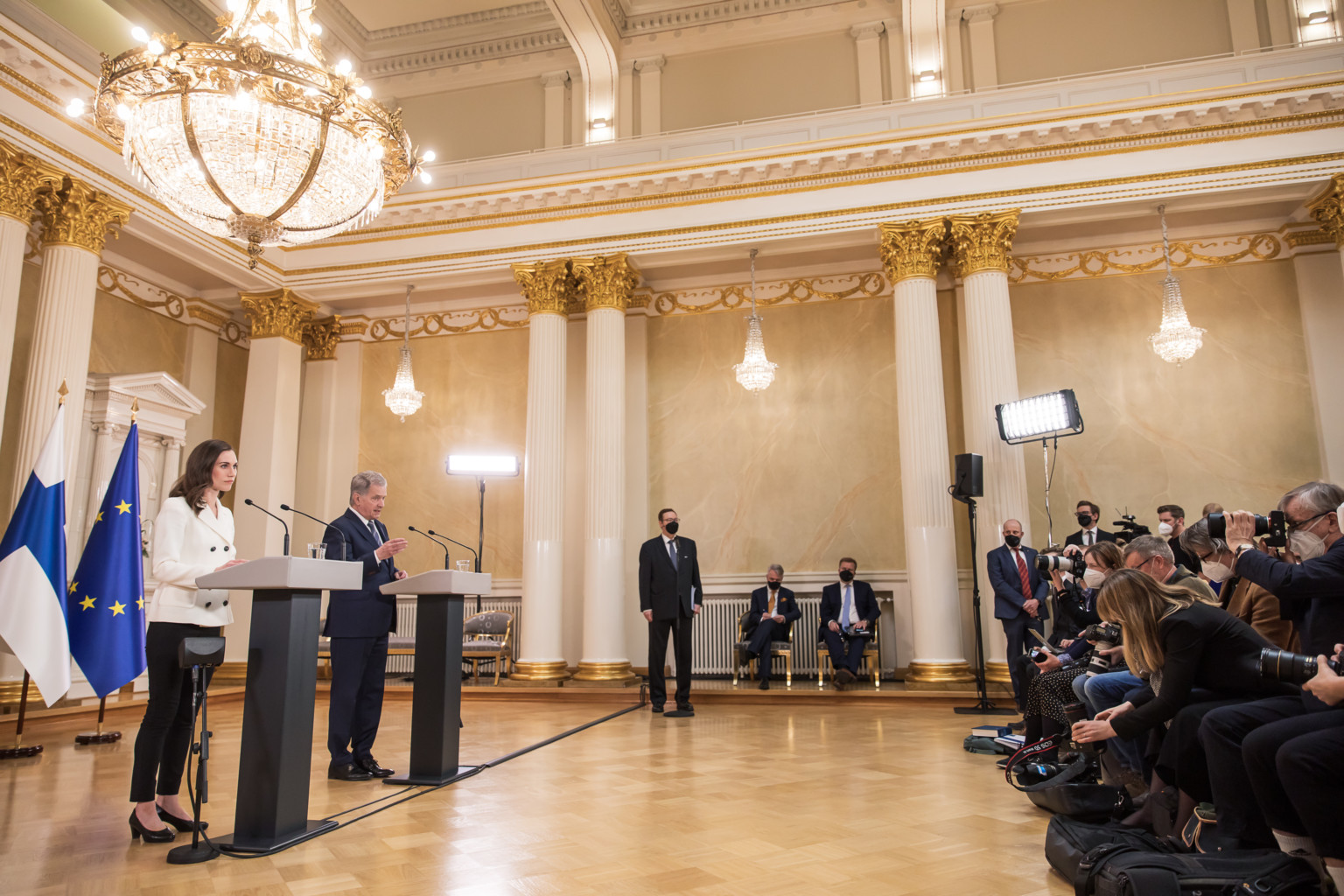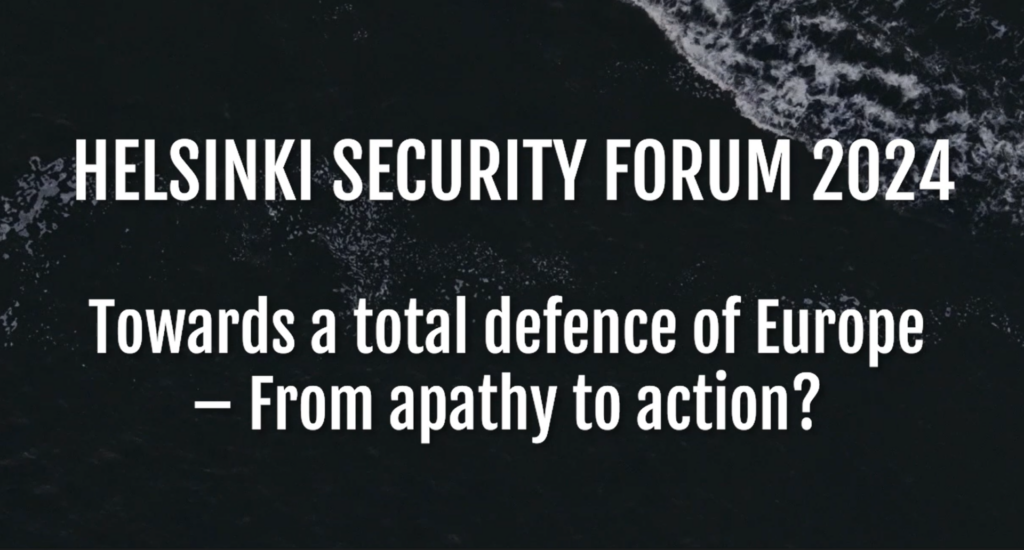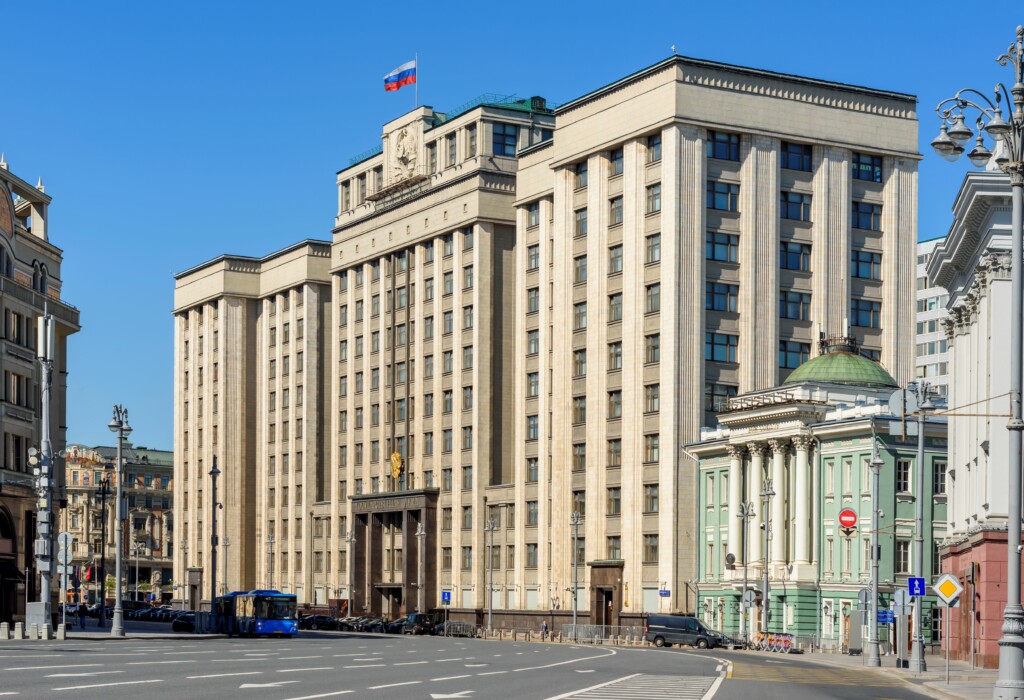Publications

The decisive role of geography in Finland’s (future) NATO policy
The year 2022 has been a tumultuous period for European security. Russia’s unprovoked assault on Ukraine in February brought large-scale interstate warfare back to Europe. For Finland, the Russian aggression marked a shock which forced Helsinki to reconsider the very foundations of its foreign and security policy. Less than three months after the outbreak of the war, Finland officially decided to apply for NATO membership – a decision underpinned by a striking level of elite and public support.
Finland’s eventual NATO membership will inaugurate a new era in Finnish foreign, security, and defence policy. For the first time in its history, Finland will become a member of a formalised military alliance. Its full integration into NATO’s military and political structures will inevitably take time. Similarly, the formation of Finnish NATO policy will be a long process.
“The main driver of Finland’s NATO policy – the set of interests, objectives, and tasks it pursues in the alliance – will be the country’s geostrategic position.”
Finland will duly begin to formulate its alliance policy when the ratification process is concluded and the country officially becomes a member of the alliance. At the same time, the basic outlines of Finland’s NATO policy will also be decisively shaped by enduring factors such as Finland’s geostrategic location, its defence model, the strength and capabilities of its armed forces, as well as its foreign and security policy objectives and traditions. These form the basis on which Finland will build its approach towards, and role in, NATO.
The main driver of Finland’s NATO policy – the set of interests, objectives, and tasks it pursues in the alliance – will be the country’s geostrategic position. This blog post thus concentrates on the geographical drivers of Finland’s future NATO policy, briefly outlining four geographic realities that will heavily influence the country’s approach to NATO.
First, Finland is a Baltic Sea state, and the sea represents a lifeline for Finnish society and the Finnish economy. Roughly 80% of Finland’s exports and 90% of its imports are transported through the Baltic Sea. Disruptions to maritime traffic through the Baltic Sea could therefore severely harm the Finnish economy and endanger critical functions of its society. Furthermore, the territorial integrity of the Baltic states, and especially Estonia, is a key security interest for Finland. Tallinn, and Estonia’s northern coast more broadly, are only a stone’s throw away from Southern Finland. Thus, from Finland’s perspective, NATO’s ability to protect and defend the Baltic Sea and the Baltic states are vital tasks to which Finland is willing to contribute.
Secondly, Finland has a central place in the Arctic security system. Finnish Lapland is located between the Kola Peninsula, home of Russia’s nuclear-capable Northern Fleet, and the Norwegian coastal regions that are crucial for defending the Northern Atlantic sealines. In essence, the northern parts of Finland, Sweden, and Norway constitute a shared strategic space, and the three countries’ ability to defend this space would largely determine the United States’ ability to reinforce its European allies through the Northern Atlantic in the case of a conflict between Russia and NATO.
Third, Finland’s long border with Russia means that it is a frontline state. As such, Finland has a strong interest in building credible deterrence vis-à-vis Russia. At the same time, Finland is also a potential recipient of allied reinforcements in a conflict scenario, meaning that the country will want to make sure that the necessary arrangements for receiving military assistance are in place. Overall, it is evident that the long border with Russia is the ultimate factor influencing Finnish national defence planning, and this fact should be reflected in NATO’s thinking about Finland’s role in the alliance.
Fourth, Finland’s NATO policy will also be influenced by its peripherality. As pointed out, the country is highly dependent on the free flow of supplies across the Baltic Sea. Substituting the connections across the Baltic Sea would be very challenging, especially in the event of a military confrontation with Russia. Moreover, Finland – located in the northeasternmost corner of the alliance – is not easily accessible for potential reinforcements from the West, as there is neither land nor rail connection to Finland from Central or Western Europe. These realities will certainly direct Finland’s attention to developing both military mobility and NATO’s reinforcement plans.
“Given these four realities, once in the alliance, Finland will be a deterrence-oriented ally with a Russia-centric security and defence agenda.”
Given these four realities, once in the alliance, Finland will be a deterrence-oriented ally with a Russia-centric security and defence agenda. Helsinki’s primary objectives within NATO will relate to the alliance’s command and force structure as well as operational planning. From the Finnish viewpoint, NATO should have a functional command structure, as well as sufficient forces and operational plans in order to be capable of reinforcing Northern Europe and Finland if NATO’s deterrence were to fail.
Importantly, as an ally, Finland will also be a valuable contributor to NATO’s deterrence and defence posture. Its signifcant military capabilities will play an important role in deterring Russian aggression in Northern Europe. Its central contribution to NATO’s collective defence will thus relate to taking care of its national defence, as well as taking part in and supporting potential NATO and allied operations in Northern Europe.
Matti Pesu is a Leading Researcher at the Finnish Institute of International Affairs
Tuomas Iso-Markku is a Senior Research Fellow at the Finnish Institute of International Affairs
The analysis is based on the authors’ recent research paper “Finland as a NATO ally: First insights into Finnish alliance policy”.

HSF 2025 asks ‘The Hour of Europe’: Can the old continent chart a new course for its future?
Helsinki Security Forum 2025 brings experts and decision-makers together to ponder the hard questions and explore Europe’s path forward.

Helsinki Security Forum 2024 addresses the need for European total defence
The third annual Helsinki Security Forum (HSF) will be held on 27–29 September 2024. This year’s conference is titled Towards...

for HSF Blog
Rejecting Russian Spheres of Influence
The EU has rejected the language of spheres of influence in favour of an international order based on common rules...
About the author
Matti Pesu and Tuomas Iso-Markku
Finnish Institute of International Affairs
Matti Pesu is a Leading Researcher at the Finnish Institute of International Affairs.
Tuomas Iso-Markku is a Senior Research Fellow at the Finnish Institute of International Affairs.